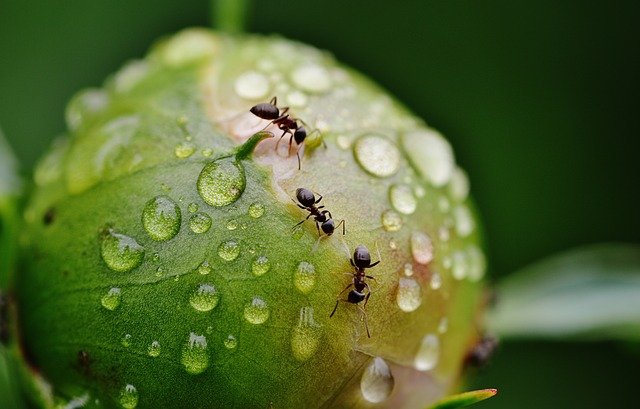 We are regularly exposed to news stories about the vastness of our universe. We hear of the incalculable number of stars and planets and distances that our minds can’t comprehend. We employ mathematics to help us grasp concepts that are beyond our human experiences.
We are regularly exposed to news stories about the vastness of our universe. We hear of the incalculable number of stars and planets and distances that our minds can’t comprehend. We employ mathematics to help us grasp concepts that are beyond our human experiences.
While the numbers that define our universe are mind-numbing, we are less likely to contemplate the other end of the spectrum – the incredible capacity of the smallest inhabitants of our world.
We are less likely to appreciate the miracle of our smallest neighbors on this planet when we are slapping that pesky mosquito or shoeing away those house flies, but those miracles exist nonetheless. While science measures human evolution in part by the size of the skulls of our ancestors, few of us recognize that the tiniest of insects display amazing abilities when we consider the size of their heads.
While most animal life functions in a eat-sleep-reproduce pattern, beyond those basic activities, are acts that suggest a higher level of mental capacity than we would expect.
Bees and wasps seem to have incredible engineering skills. Both construct hexagonal cells that provide storage space while making best use of available territory.
Ants are highly organized. They seem to work on common goals with clearly defined cooperation between workers.
Spiders construct elaborate webs to capture their prey.
All of these instinctive and sophisticated behaviors are dictated by craniums that, in some cases, are smaller that the head of a pin. Chalk up another vote for intelligent design.
It’s only in very recent history that our human science has developed the ability to store and process complex instructions in increasingly smaller computer containers. But none of our electronic toys is capable of self awareness. None of our technology is capable of acting on instinct or responding to new adjustments to its environment unless pre-programmed to do so.
Yes, our tiny companions can be annoying or even dangerous. Somehow, they manage to function effectively, day after day, year after year. In doing so, they remind us of the improbability of all that ability being the result of an elaborate mix of cosmic accidents.
Once again, the debate leans toward the likelihood of a Master Creator rather than random act of nature.
